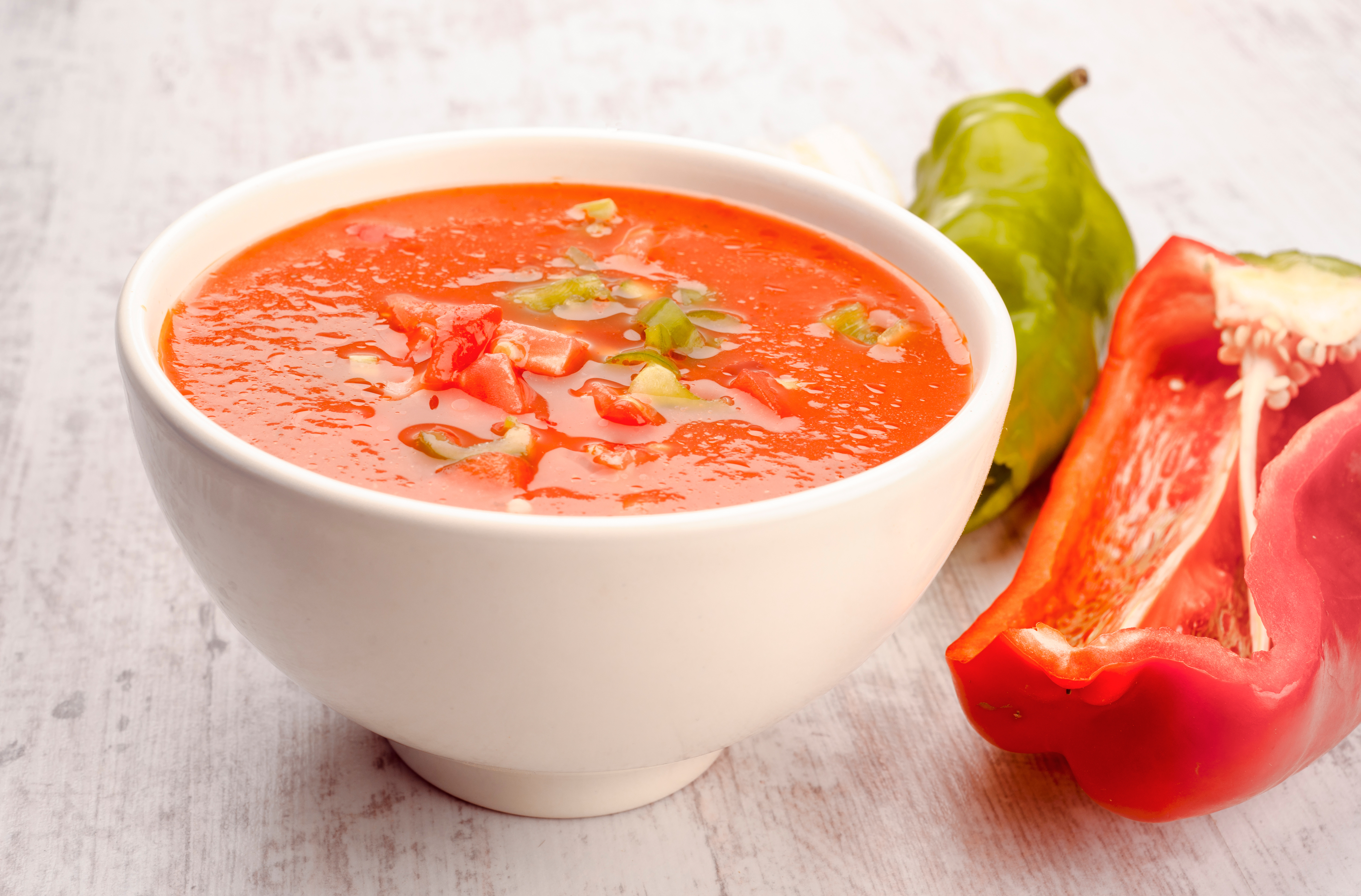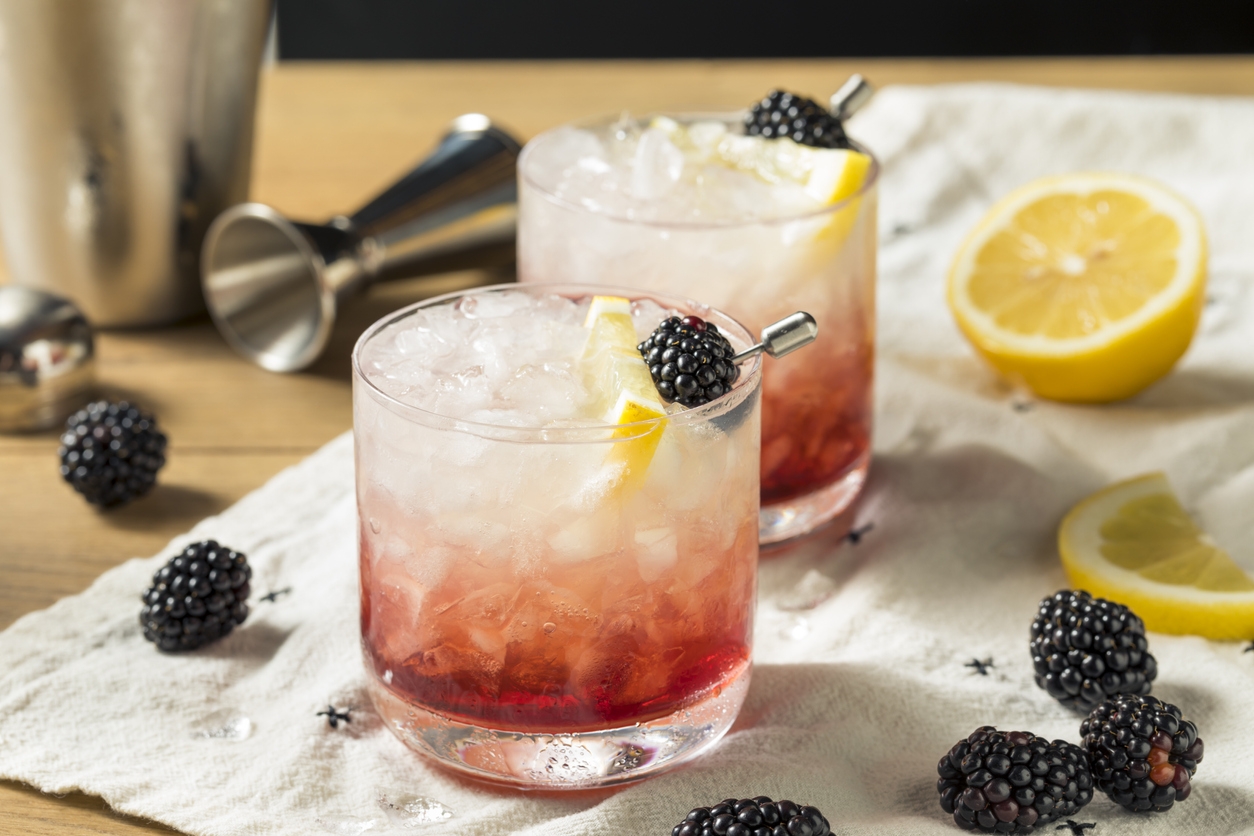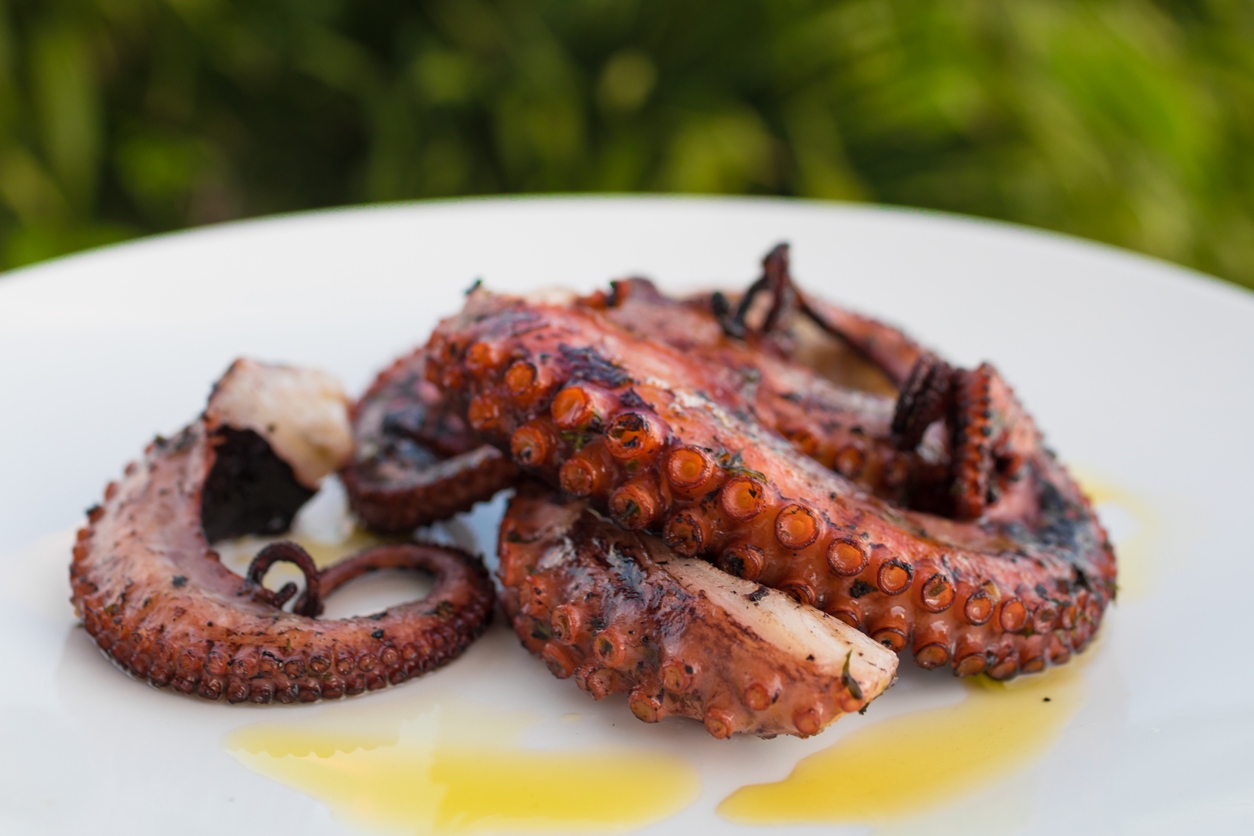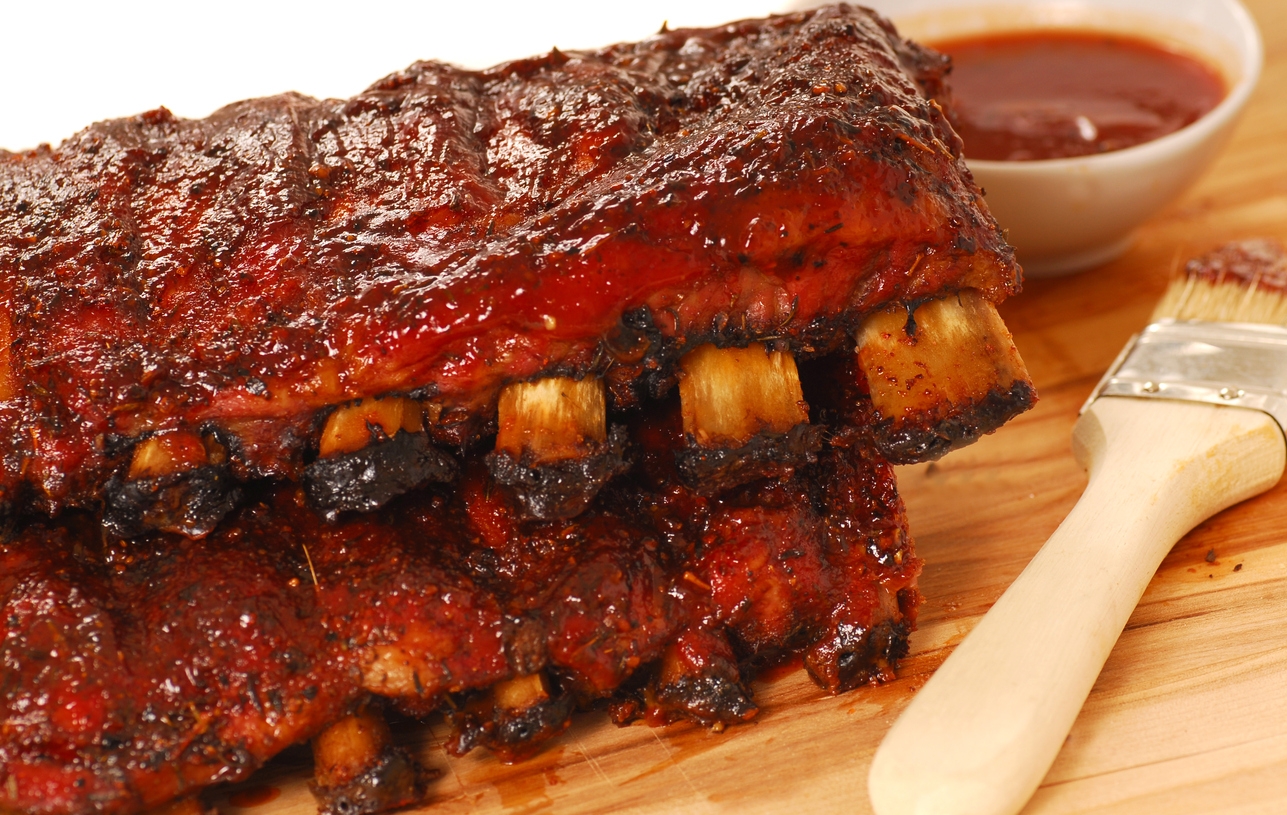Smart Strategies to Keep Your Kitchen Safe
MIND YOUR POTS AND PANS
The consumer product safety commission says in 2014 more than 32,000 people were hurt using pots and pans, from burns to shattering glass pans. Mitts are mandatory. And remember don’t take glass dishes directly from the freezer to the oven, and never add liquid when a glass pan is piping hot.
BLENDERS
From lacerating blades to the risk of scalding when hot liquid is splashed, beware the blender. The government logged 9,000 blender injuries in 2014.
TOASTERS
These everyday devices cause thousands of fires, including several fatal ones, each year, according to federal watchdogs. Clean out the crumbs and unplug when not in use. Ditto for toaster ovens.
LEAVE IT UNWASHED
Contrary to what you may have heard, there’s no need to rinse meat, poultry or fish before cooking. Doing so can spread bacteria to our sink, counter tops and other kitchen surfaces.
FORGET THE COOKING OFF PERIOD
Illness causing bacteria can grow in perishable foods within two hours. So put leftovers in the refrigerator as soon as possible, even if they’re still warm.
DON’T STICK TO TEFLON
Sure it makes cooking and cleanup easier, but pans coated with Teflon that were made before 2012 contain perfluorooctanoic acid, and studies in lab animals have found exposure to these chemicals increases the risk of certain cancers. If you have any of these pans trash them immediately. There is a new form of Teflon an that is copper based and safe. Otherwise use stainless steel or cast iron which are better choices.
BEWARE OF THE BAGEL
Nearly 3.000 people in 2014 cut their hand or fingers while trying to slice a bagel. Either buy them pre-sliced or, better yet, buy a bagel slicer.
MARINATE IN THE FRIDGE
Harmful germs in marinade or food can multiply quickly at room temperature.
NUKE WITH CARE
Microwaves cause more emergency room scalding injuries than any other kitchen device. Let food cook a few minutes before removing, and be careful touching a hot container or removing a cover. Allow scalding steam to escape.
PUT A LID ON IT
If you ‘re frying, keep a lid nearby to smother a small grease fire.
BE DISHWASHER WISE
Place utensils with the sharp end down. Let the machine cool before emptying to prevent burns.
KEEP KNIVES SHARP
Dull knives are more dangerous than sharp ones because it takes more force to slice through food. That makes it more likely to lose control if the worn edge slips.
CHILL OUT
You might be tempted to same energy costs by setting the refrigerator and freezer at slightly higher temperatures, but you’ll beckoning bacteria. Keep the fridge 40 degrees and the freezer at 0 degrees.
RINSE ALL PRODUCE
Even if they are pre-washed, you should still give your fruits and vegetables a cleaning. Use a brush to remove visible dirt and then rinse them under running water from the faucet. Studies show that this is more effective than using a commercial produce wash.
Source: AARP






No Comments